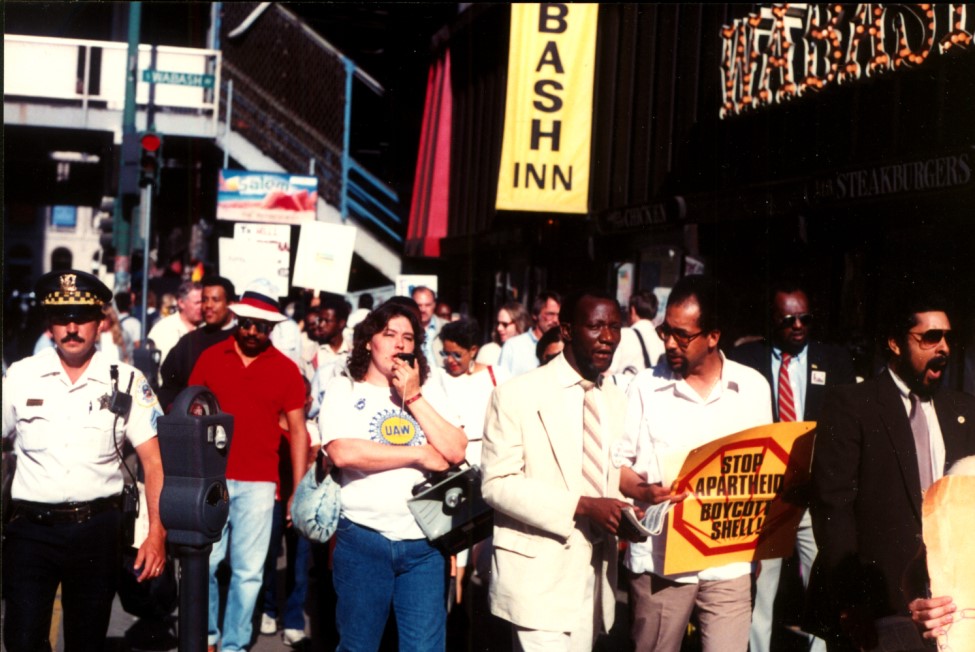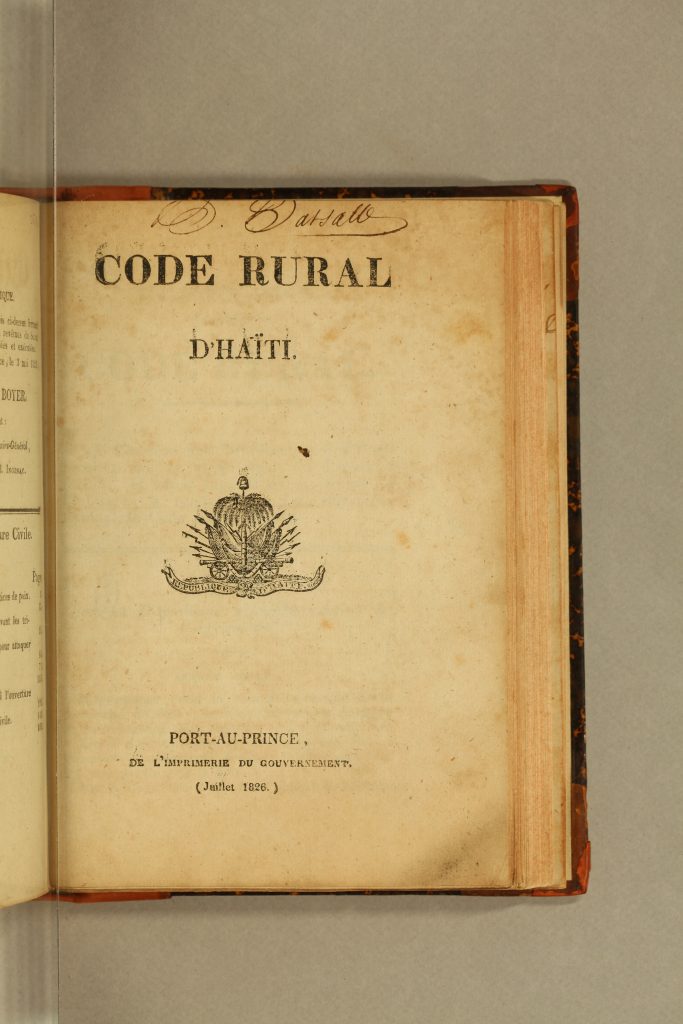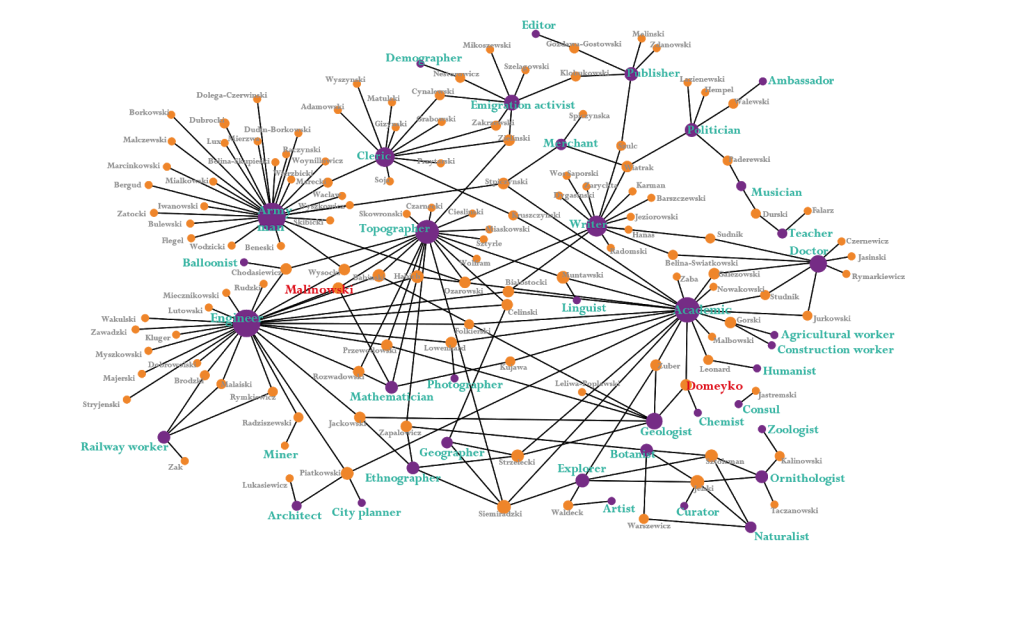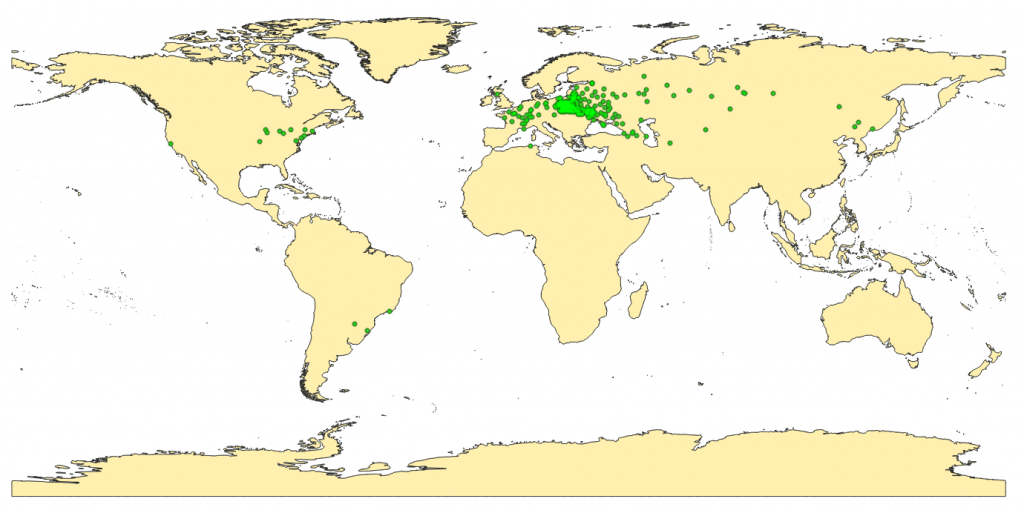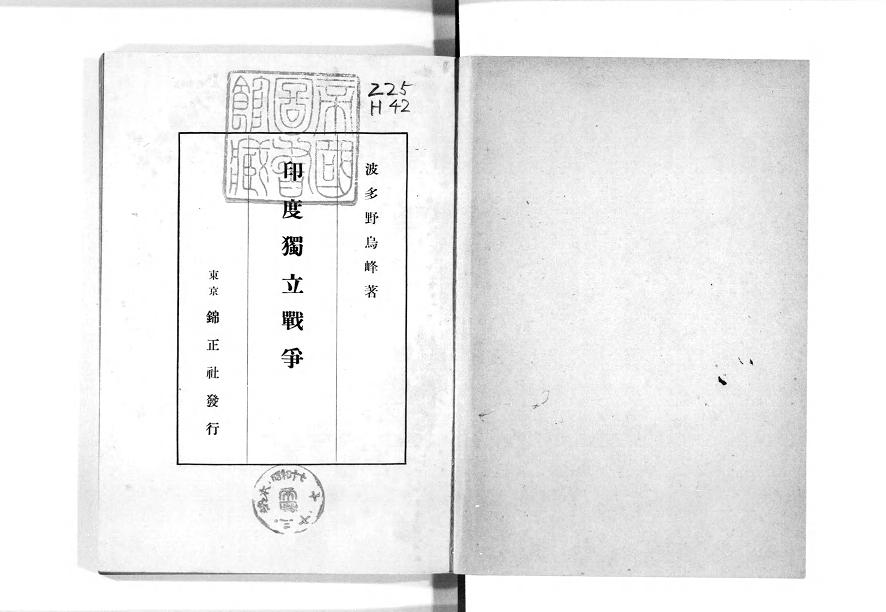By Ana Londe Silva (anapls@cedeplar.ufmg.br) “The experience of all ages and nations, I believe, demonstrates that the work done by slaves, though it appears to cost only their maintenance, is in the end the dearest of any”.[1] Adam Smith, Wealth of Nations (1776) Ancient Greece and Rome, feudal Western Europe, and 18th-century American […]
Posts
Feature Image: Soweto Day Walkathon in Chicago, June 16, 1988. Link: https://africanactivist.msu.edu/image.php?objectid=210-809-1121 (permission granted by Joan Gerig) By Zeb Larson Studies of the anti-apartheid movement have proliferated over the past few years, owed in no small part to greater archival access as well as the legacy of the movement today.[1] The anti-apartheid movement in the […]
By Tom Shillam As Christopher Lee has written, decolonisation in the mid-twentieth century constituted ‘a complex dialectical intersection of competing views and claims over colonial pasts, transitional presents, and inchoate futures’ as much as ‘a linear, diplomatic transfer of power’.[1] This is also an observation which scholars of the transnational cultural and intellectual histories of […]
By Bethânia Santos Pereira President Jean-Pierre Boyer, who ruled Haiti between 1818 and 1843, was responsible for achieving a relative moment of internal political stability in the country: he unified the entire island, which removed possible conflicts with the reign of Henry Christophe as well as the Spanish crown, he managed to negotiate the recognition […]
Feature Image: Occupations of Polish professionals in Latin America, 1820-1890 (Author’s own). By Aleksandra Kaye Sticking rigidly to the confines of a single discipline can be quite limiting. When I started thinking about my research focused on understanding the Polish migrants’ role in the circulation, production and communication of scientific knowledge in Latin America and […]
By Inaya Khan Colonialism not only encouraged the emigration of white populations from Europe to Africa but also circulations of such populations within the African continent itself. Kenya was formally annexed as a Crown colony in 1920 – a twentieth century experiment in the exertion of British hegemony, predominantly through agricultural settlement rather than trade. […]
What do the words for “lion” (狮子shīzi), “spinach” (菠菜bōcài), and “grape” (葡萄 (pútáo) all have in common in Chinese? They all derive, directly or indirectly, from either Persian roots or are otherwise etymologically or conceptually linked to Iran. Just how far back can ties between ancient China and early Iranian societies in Central Asia be […]
By Marcel Koschek Capturing networks and movements may be particularly difficult when they stretch across different countries and the sources seem unproductive at first glance. However, this piece will attempt to make precisely such a transnational movement accessible and also visualisable. The movement in mind here is the Esperanto movement. Esperanto – a planned language […]
By Argyrios Sakorafas The second half of the 19th century signifies the dawn of a new era, marked by unprecedented changes in the social, economic and technological level.[1] These changes, combined with the establishment of a capitalistic market and the steady rise in income per capita, produced a new range of consumer goods, such as […]
By Aaron Peters During the Asia-Pacific War (1937-1945) as Japan was extending its wartime empire across China and Southeast Asia to the borders of British India, a Japanese-language history of the Indian Rebellion of 1857 was published in May 1942 under the title, “India’s Independence War” (Indo dokuritsu sensō, 印度独立戦争). Its author was a man […]

